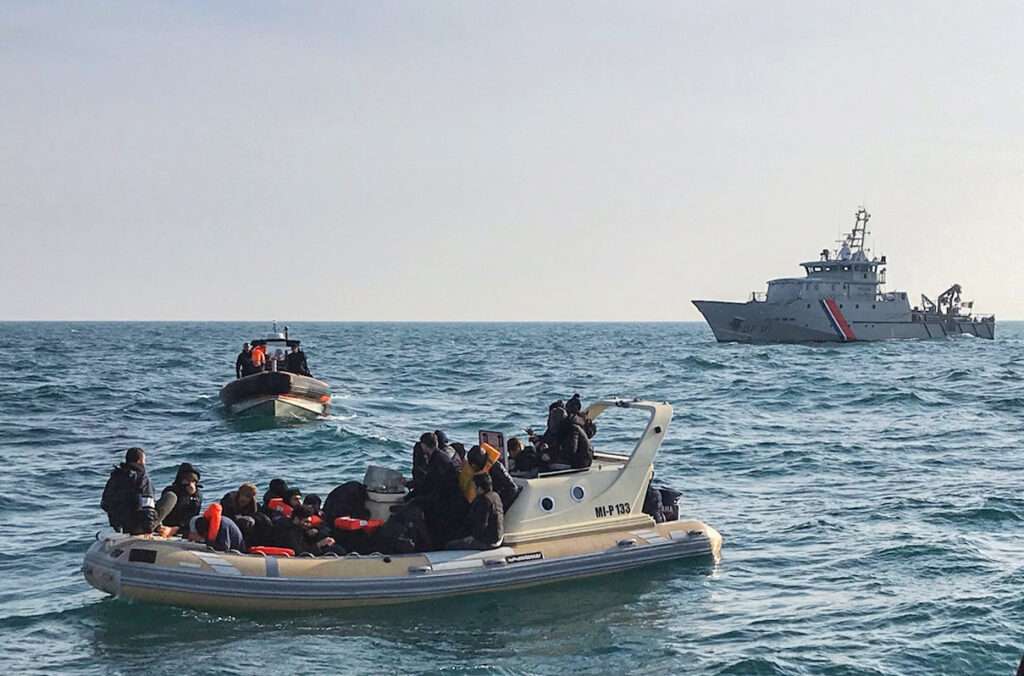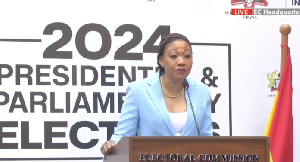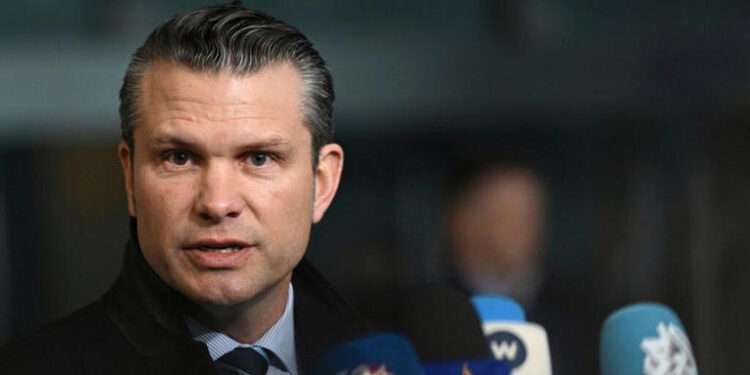Prime Minister Keir Starmer has expressed his frustration over the increasing number of migrants crossing the English Channel, revealing that deportations under Labour have surpassed 24,000 since the general election.
Speaking at a summit attended by leaders from 40 countries, Starmer stressed that “ordinary working people pay the price” for illegal migration, as public services face growing strain and taxpayer money is spent on housing migrants in hotels. He called for “decisive action” to address the crisis, stating that the return of migrants under Labour is happening at its fastest rate in eight years.
Taking aim at the Conservatives’ controversial Rwanda deportation scheme, Starmer asserted that the Labour government’s 24,000 returns would have taken 80 years to accomplish under the plan championed by former Prime Minister Rishi Sunak.
At the summit on organized immigration crime, the prime minister urged countries to treat people-smuggling gangs in the same manner as terrorists, unveiling a £33 million funding package for foreign prosecutors to pursue smugglers globally.
He likened the initiative to the approach he adopted while leading the Crown Prosecution Service (CPS) in tackling Islamist terrorism. “That makes people angry… it makes me angry, frankly,” Starmer said, addressing public concerns over the escalating crisis.
“It’s unfair on ordinary working people who pay the price, from the cost of hotels to our public services struggling under the strain, and it’s unfair on the illegal migrants themselves, because these are vulnerable people being ruthlessly exploited by vile gangs.”
Keir Starmer
The summit follows mounting pressure on Starmer’s government, as figures show a record 6,642 migrants have crossed the Channel in 119 boats this year alone — a 43% increase compared to the same period last year.

A Call for Global Cooperation
While emphasizing the need for each country to implement its own “decisive action,” Starmer urged international collaboration, stating, “We can only smash these gangs once and for all if we work together.”
Enver Solomon, chief executive of the Refugee Council, welcomed the prime minister’s efforts to combat the smuggling networks but argued that enforcement alone “will never work.” He stressed that criminalizing migrants “who have fled conflicts” is not the solution.
“When a refugee is clambering into a boat with an armed criminal threatening them, they are not thinking about UK laws but are simply trying to stay alive.”
Enver Solomon
He suggested that a reformed asylum system should provide safe and legal pathways for migrants to seek asylum in Britain while swiftly processing claims to distinguish refugees from those without a valid right to stay.
Similarly, Steve Smith, CEO of refugee charity Care4Calais, called for the government to “offer safe routes for refugees to claim asylum in their countries,” describing it as “a solution so simple, effective, and low-cost that it shouldn’t take an international summit for these ‘expert’ delegates to come up with.”
Natasha Tsangarides from Freedom from Torture criticized the summit as a “wasted opportunity” and dismissed the idea that criminalizing refugees would deter people from making the perilous journey across the Channel. “Criminalizing refugees won’t stop people putting their own lives at risk to seek safety on our shores,” she stated.
Starmer, however, defended his approach as both compassionate and effective. “There is nothing compassionate about turning a blind eye to the evil of the people-smuggling businesses,” he argued, reinforcing the need for strong enforcement measures.
Government data reveals that 24,103 individuals were returned between July 5, 2024, and March 22, 2025 — the highest number in any nine-month period since 2017. Labour has reported a 21% increase in enforced returns and a 16% rise in the deportation of foreign national offenders.
Additionally, the government has overseen the four largest chartered return flights in UK history, collectively carrying over 850 individuals.
As Starmer’s administration continues to navigate the complex issue of illegal migration, the prime minister faces growing demands for a long-term strategy that balances enforcement with humanitarian considerations.
READ ALSO: Digital Surveillance Alone Insufficient Deterrent to Ghana’s Corruption Fight





















